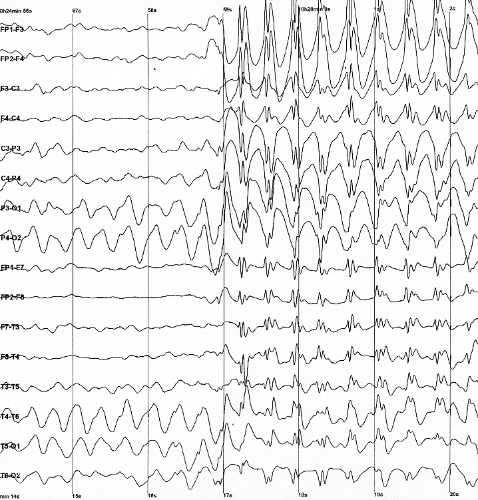Scans show brainwaves of those with epilepsy appear to synchronize with music

The brains of people with epilepsy appear to react to music differently from the brains of those who do not have the disorder, a finding that could lead to new therapies to prevent seizures, according to research presented at the American Psychological Association's 123rd Annual Convention.
"We believe that music could potentially be used as an intervention to help people with epilepsy," said Christine Charyton, PhD, adjunct assistant professor and visiting assistant professor of neurology at The Ohio State University Wexner Medical Center, who presented the research.
Approximately 80 percent of epilepsy cases are what is known as temporal lobe epilepsy, in which the seizures appear to originate in the temporal lobe of the brain. Music is processed in the auditory cortex in this same region of the brain, which was why Charyton wanted to study the effect of music on the brains of people with epilepsy. Charyton and her colleagues compared the musical processing abilities of the brains of people with and without epilepsy using an electroencephalogram, where electrodes are attached to the scalp to detect and record brainwave patterns. They collected data from 21 patients who were in the epilepsy monitoring unit at The Ohio State University Wexner Medical Center between September 2012 and May 2014.
The researchers recorded brainwave patterns while patients listened to 10 minutes of silence, followed by either Mozart's Sonata in D Major, Andante Movement II (K448) or John Coltrane's rendition of My Favorite Things, a second 10-minute period of silence, the other of the two musical pieces and finally a third 10-minute period of silence. The order of the music was randomized, meaning some participants listened to Mozart first and other participants listened to Coltrane first.
The researchers found significantly higher levels of brainwave activity in participants when they were listening to music. More important, said Charyton, brainwave activity in people with epilepsy tended to synchronize more with the music, especially in the temporal lobe, than in people without epilepsy.
"We were surprised by the findings," said Charyton. "We hypothesized that music would be processed in the brain differently than silence. We did not know if this would be the same or different for people with epilepsy."
While she does not believe music would replace current epilepsy therapy, Charyton said this research suggests music might be a novel intervention used in conjunction with traditional treatment to help prevent seizures in people with epilepsy.
More information: Session 4035: "Music and the Brain: Can Music Help People with Epilepsy?" Paper Session, Sunday, Aug. 9, 9 - 9:50 a.m. EDT, Room 205A, North Building, Metro Toronto Convention Centre, 255 Front St. West, Toronto, Ontario, Canada.
















